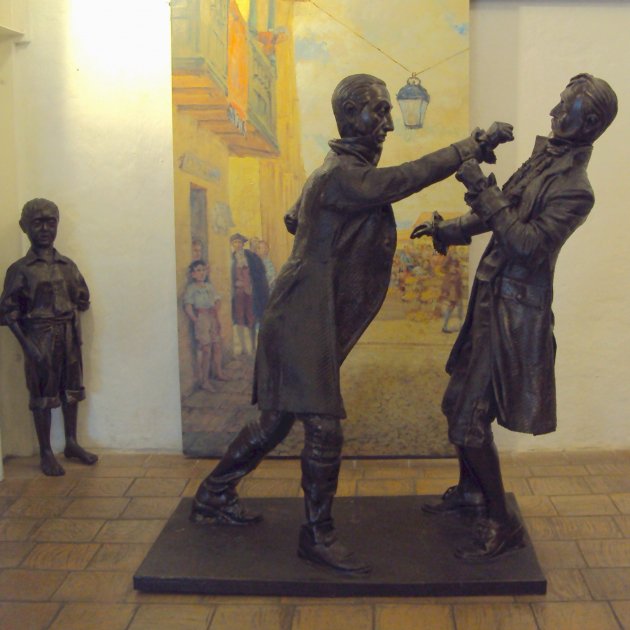The unionist parties, which until now have courteously ignored one another in the Catalan election campaign, are beginning to get on each other's nerves. It was Albert Rivera who broke the vow of silence between Citizens (Cs), the Socialists (PSC) and the Popular party (PP) in Girona this Saturday. Rivera, president of Cs, asked Catalans to vote for his party with the argument that to vote for any other unionist party was to throw “votes in the rubbish”, especially in provinces such as Girona or Lleida. He was pointing his finger at the Popular Party in particular, which at present holds no seats in either of those two voting districts.
Rivera, along with Cs list leader Arrimadas and the rest of the party's campaign team have been dropping the same hint in their speeches, but slightly more subtly: they ask for the vote to be “concentrated, at least this time [because] we have to beat them [the independence parties]”.
However, the first to think they were being alluded to were the Socialists. On Saturday, the secretary general of the Spanish socialist party (PSOE), Pedro Sánchez, accused Rivera, of “losing his respect for voters, even for those of his own party”. In democracy “there is no vote that goes into the rubbish”, he asserted.
The Socialists' candidate, Miquel Iceta, decided to make the argument in his own way: lauding the benefits of experience. "Don't experiment with Cs", cautioned Iceta.
On Sunday, it was the turn of PP politician Javier Maroto, who has been supporting the Popular candidate for Catalonia, García Albiol. Maroto said that Cs “do not have any experience in government” and that “the most complicated region of them all” cannot be left in in their hands. Meanwhile, Albiol, true to his style, warned Rivera "not to provoke PP voters", because possibly, very soon, he will need them in order to govern.
The PSC found a third reason to start brawling with the other two unionist parties. The socialists offer “definite change and reconciliation”, while Cs and PP “propose an ultra-conservative and confrontational approach”, according to Miquel Iceta, who was praised as a “leader of the 21st century” by his leader Pedro Sánchez, in contrast to whom he described the PP's Rajoy as “a leader of the 19th century”.
Iceta also stressed that it was not time to “change from one monologue [independence] to another [ultra-conservatism]” as well as the fact that there is no choice between two “exclusive nationalisms” - referring to the independence parties but also, and especially, to the Citizens party. The Socialists are trying to polarize the situation with those of Rivera's party, with a major bone of contention between the two being the periphery of the Barcelona metropolitan area, once the PSC's political bastion, and an area where, in recent elections, Cs has relieved the socialists of some of their former electoral prizes.
